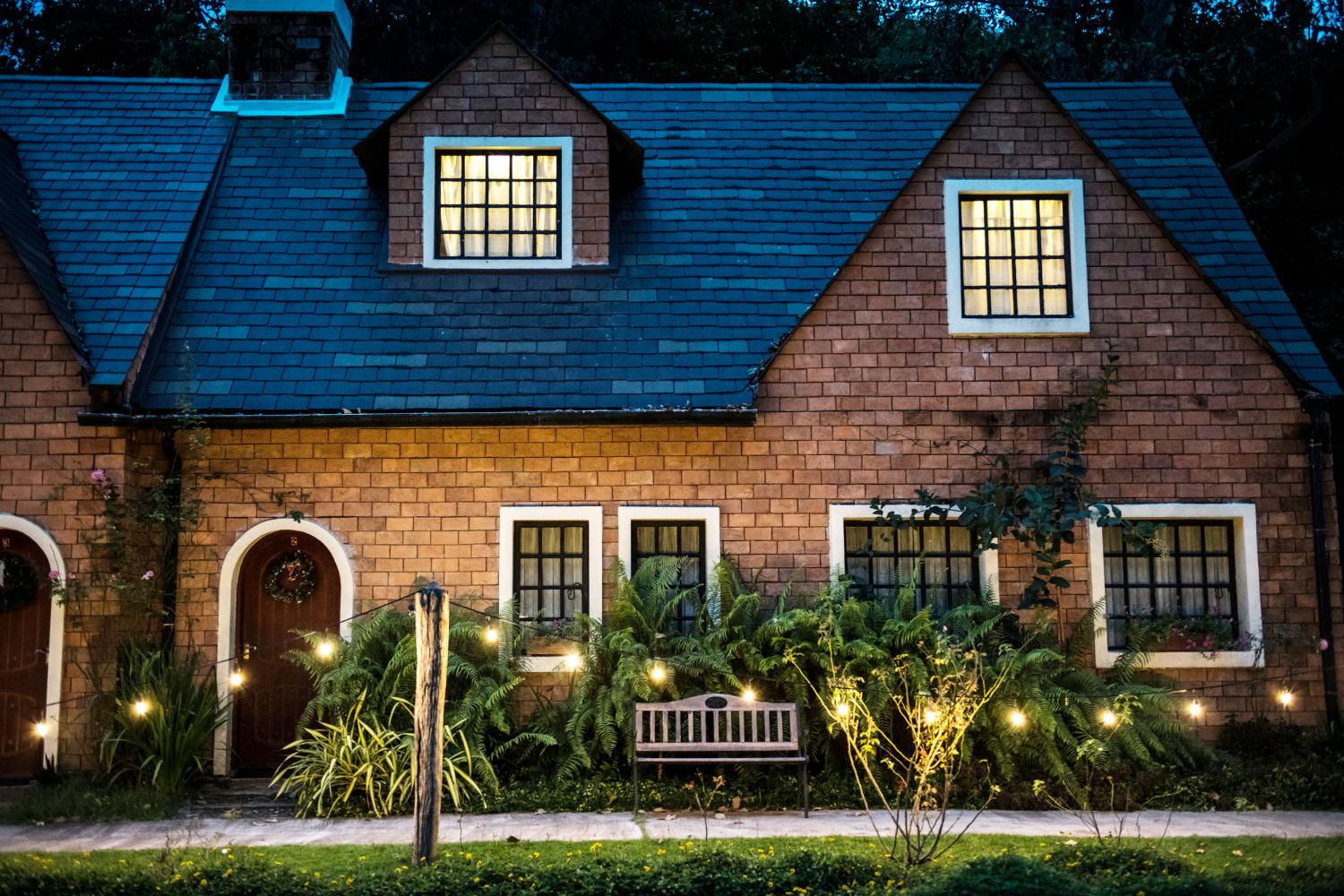What Causes a Brick Crack and How Can It Be Repaired?
Brick is one of the most durable and long-lasting building materials, known for its strength, timeless appearance, and resistance to the elements. However, despite its resilience, brick can and does crack. Cracks in brick walls—especially exterior walls—can range from harmless cosmetic flaws to serious signs of structural damage. Understanding what causes bricks to crack and how to properly repair them is essential for maintaining the safety and value of your home.
Why Do Bricks Crack?
Bricks are made from compressed, baked clay, which gives them a rigid and inflexible structure. This rigidity means that when external forces act on the brick wall—such as foundation movement or environmental changes—the bricks are more likely to crack instead of flex. Here are the most common causes:
1. Shifting Soil
One of the leading causes of brick cracks is shifting or settling soil beneath your home. Your house sits on a foundation, and that foundation rests on soil that can change over time. These changes often occur due to:
- Expansion and contraction from moisture or drought
- Freezing and thawing cycles
- Natural settling of the home over time
As the ground moves, it can cause stress on the foundation. Since brick doesn’t bend or stretch, it cracks under the pressure. Hairline cracks from soil movement are usually small and not a major concern, but larger, jagged cracks could indicate foundation trouble and should be inspected by a professional.
2. Water Damage
Water is the enemy of brick over time. While bricks are porous and can handle some moisture, constant or excessive water exposure weakens both the bricks and the mortar that holds them together. Cracks from water damage are usually caused by:
- Rainwater runoff consistently hitting the same area
- Leaking pipes inside the wall
- Blocked gutters or downspouts, causing overflow onto brick surfaces
- Poor drainage around your home’s foundation
Left untreated, water-related cracks can allow more moisture to seep in, which only worsens the problem. Water can also freeze inside the cracks during cold weather, causing expansion that leads to larger cracks or crumbling brick.
3. Nearby Construction Activity
If construction is happening near your home, the vibration from heavy equipment can disrupt the soil and foundation beneath your house. This causes structural shifts that can crack both the foundation and the brick walls above it.
This type of crack can appear suddenly and may be accompanied by other signs of structural stress like doors that stick or uneven floors. If you suspect construction activity is damaging your home, contact local authorities or the construction company as soon as possible
When to Call a Professional
While small cracks can often be handled with a bit of DIY effort, there are times when it’s best to call a pro:
- Cracks wider than 1/8 inch
- Cracks that are growing over time
- Stair-step or jagged cracks in exterior walls
- Cracks that coincide with foundation issues (e.g., uneven floors, doors sticking)
- Signs of moisture inside the wall (e.g., mold, peeling paint)
A professional mason or foundation specialist can evaluate the situation and recommend the appropriate repair before the damage worsens.
Brick cracks are not uncommon and aren’t always a cause for panic—but they should never be ignored. Understanding the underlying cause is the key to finding the right solution. Whether it’s shifting soil, water damage, or nearby construction, addressing the root problem will help ensure that your brick walls—and your home—stay strong and beautiful for years to come.
Have cracks in your brick wall? Take a closer look today, and don’t wait until a small crack becomes a big problem.

